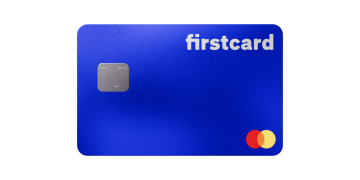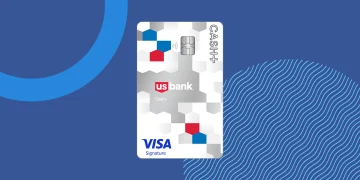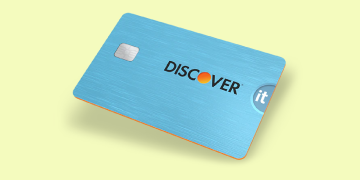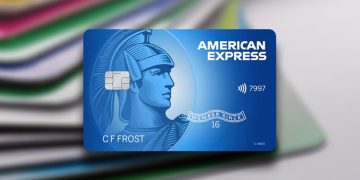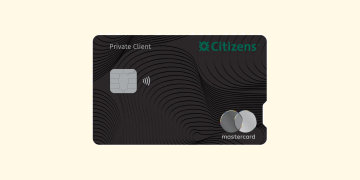In uncertain economic times, effective investment strategies are crucial for safeguarding and growing your portfolio. Emphasizing diversification, defensive stocks, and value investing can help mitigate risks. Additionally, techniques like dollar-cost averaging and sector rotation can capitalize on market fluctuations, enabling investors to thrive despite volatility.

